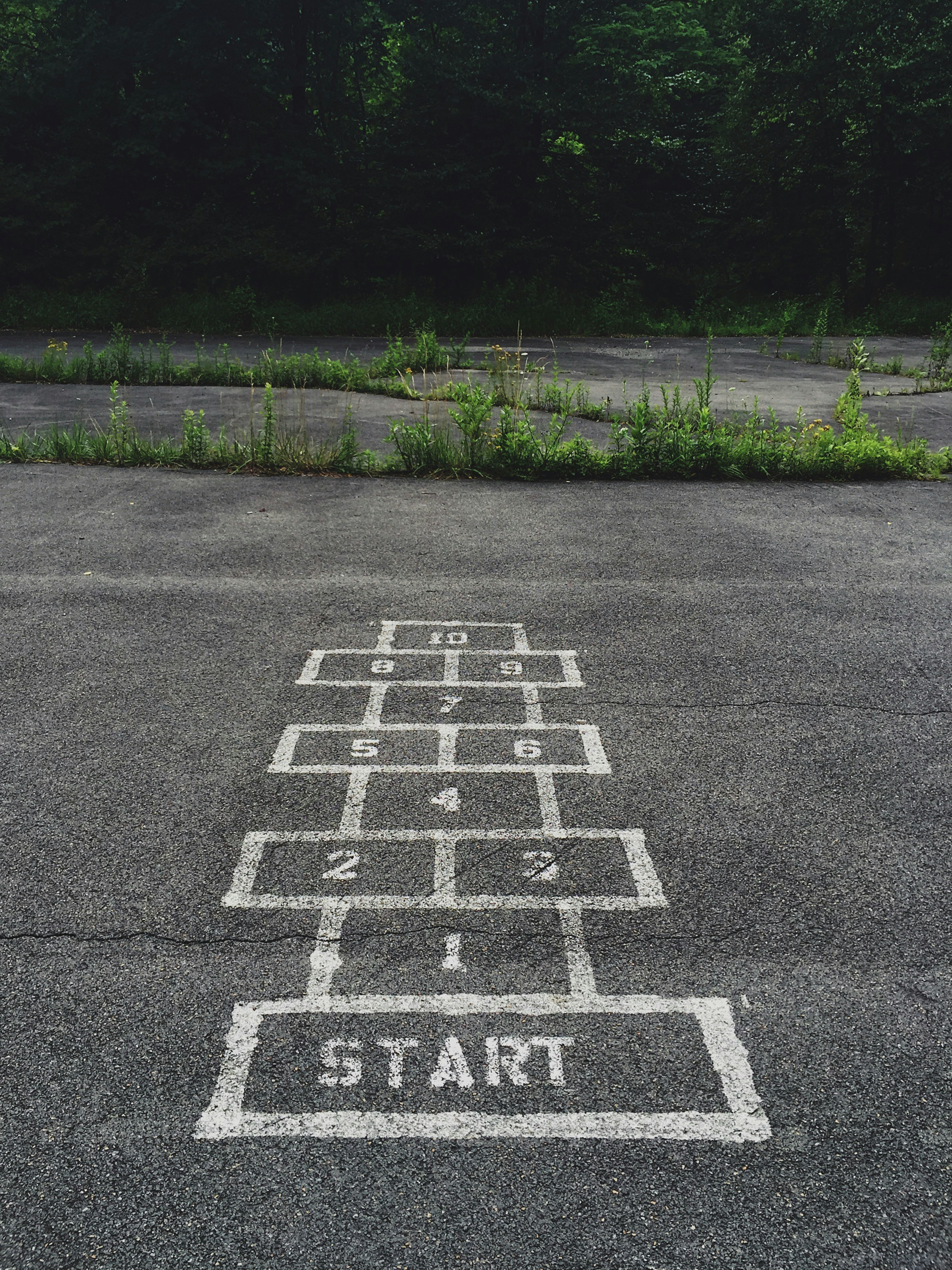題目敘述
題目會給我們一個參數k 和 目標值n。
請問我們從1~9內挑k個相異的數字,使得他們的總和為n 的組合有哪些?
挑選時,每個數字必須相異,而且每個數字只能選一次。
測試範例
Example 1:
Input: k = 3, n = 7
Output: [[1,2,4]]
Explanation:
1 + 2 + 4 = 7
There are no other valid combinations.
Example 2:
Input: k = 3, n = 9
Output: [[1,2,6],[1,3,5],[2,3,4]]
Explanation:
1 + 2 + 6 = 9
1 + 3 + 5 = 9
2 + 3 + 4 = 9
There are no other valid combinations.
Example 3:
Input: k = 4, n = 1
Output: []
Explanation: There are no valid combinations.
Using 4 different numbers in the range [1,9], the smallest sum we can get is 1+2+3+4 = 10 and since 10 > 1, there are no valid combination.
約束條件
Constraints:
2 <= k <= 9
參數k介於2~9
1 <= n <= 60
目標值n介於1~60
演算法 DFS + 回溯法 模擬
既然已經給定選擇範圍,參數k和目標值n又壓縮的特別小,心裡大概有個底,枚舉所有可能的選擇過程,看看那些組合可以讓總和剛好等於n,如果遇到了,就加到解答result裡面。
複習 DFS + 回溯法模板
基本上,看到枚舉類的題目,例如展開所有子集合、所有C(n,k))的組合、所有n!的直線排列... 等等需要列舉所有可能情況的題目,往往很適合使用DFS深度優先 + 回溯法的技巧與模板。
整個抽象化的思考框架和演算法範本如下
若遇到終止條件 或滿足指定需求:
則 更新結果





















